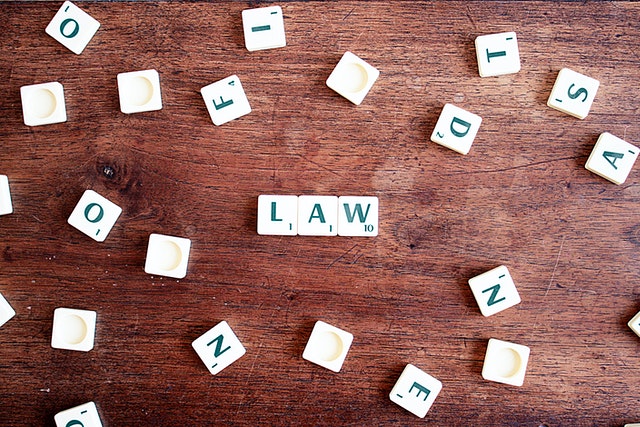What Are Miranda Rights?

“Everyone knows the phrase “you have the right to remain silent”, but what does that mean, where does it come from, and why is it important?”
You Have The Right To Remain Silent
The reading of Miranda Rights is a wildly popular concept, but also one that is often misunderstood. Everyone knows the phrase “you have the right to remain silent”, but what does that mean, where does it come from, and why is it important?
What Are Your Miranda Rights?
Miranda Rights, also referred to as the Miranda Warning derived from the U.S. Supreme Court Case Miranda V. Arizona, which ruled that officers are required to let you know the facts surrounding your rights during an arrest and before questioning or interrogation. For example, an officer who is preparing to interrogate you must communicate to you that:
- You have the right to remain silent.
- If you do say anything, it can be used against you in a court of law.
- You have the right to have a lawyer present during any questioning.
- If you cannot afford a lawyer, one will be appointed for you if you so desire.
When the Miranda Warning Is Required
It is often assumed that if an officer does not read you your Miranda Rights, then anything that you say will not be admissible in court. This is not entirely true, and it is contingent on the status of the arrest when you are being questioned. If any questioning or interrogation takes place after you are in custody (regardless of where you are in custody at), your Miranda Rights must be read to you if the police intend to use that information in the course of a trial. The catch is, there is no requirement that your Miranda Rights are read to you in the event that you are not in custody. This leaves room for police to question or interrogate you without placing you in custody, allowing them to skip over the Miranda Rights while enabling them to use whatever you say against you in court. This tactic is commonly used to get an incriminating statement on paper before the arrest, while the suspect does not have their guard up.
Pre-Arrest Questioning
If you find yourself being questioned or interrogated by police officers, are you required to talk? The answer is no, and having to identify yourself if suspected of a crime is the only exception. Regardless if you have been read your Miranda Rights, you are legally entitled to remain silent, and doing so is highly encouraged without an attorney present. It is not that all police are out to get you, but they do have a job to do, and oftentimes you can end up on the wrong side of that job if the investigation crosses your course. Always consult with an attorney regardless of hearing your Miranda Rights.
Talk to a Lawyer
The Miranda rule is multi-layered, and you do not want to be tasked with learning and remembering the in’s and out’s of legislating during contact with the police. If you have been accused, arrested, or charged with a crime, remember to always consult with an attorney before talking to the police. You may have an urge to declare your innocence right then and there, but a little patience will go a long way when ensuring that your innocence can hold up in court.
More Blogs
The Process Of An Arrest
If you have ever been arrested, you know that it can be a long and scary process. If you have never been arrested, it can make that process even worse. In this article, we discuss what happens during the process of an arrest so you have an idea of what to expect.
What Is A Fugitive Recovery Agent?
Court rolls around, they are nowhere to be found, and now the system says that you are responsible for paying the full bail amount. What do you do?
The Top 4 Myths Surrounding Bail
If you have been arrested or are simply inquiring about information concerning the bail process, you have most likely heard myths about bail.



